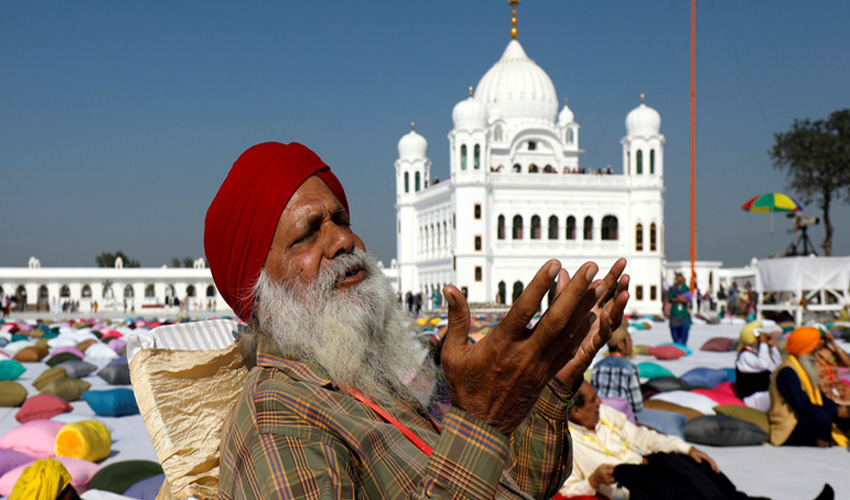Pakistan has issued 6,629 visas, more than double its usual quota, to Indian Sikh pilgrims for the Baisakhi festival 2025.
It marks the first time in 50 years that Sikh pilgrims have been able to visit sacred sites like Nankana Sahib, the birthplace of Guru Nanak, after years of restricted access. The decision underscores Pakistan’s commitment to religious freedom and builds bridges of faith amid regional tensions.
The historic visa expansion stands as a powerful symbol of interfaith diplomacy. Despite ongoing political tensions, Pakistan’s decision to grant 6,629 visas demonstrates how faith can transcend political divides. The move has earned international praise, especially as India has tightened visa policies for religious minorities. It’s a reminder that heritage and hospitality have the power to overcome political barriers and build lasting connections.
In Indian Punjab, the expansion of the pilgrimage visa quota has sparked immense goodwill. Pakistan’s decision has been hailed as a historic diplomatic step, a stark contrast to India’s increasingly restrictive visa regimes. The gesture is seen as a win for people-to-people diplomacy, fostering a deeper bond between the Sikh community and their spiritual heritage in Pakistan.
Nankana Sahib Welcomes Pilgrims: A Dream Come True
For the first time in half a century, Sikh pilgrims are able to visit Nankana Sahib and other revered shrines in Pakistan. This monumental move, part of Pakistan’s expanded visa initiative, has transformed the Baisakhi festival into a global milestone, with thousands of devotees finally realizing their long-awaited dream of pilgrimage.
Pakistan’s welcoming gesture to Sikh pilgrims stands as a beacon of spiritual diplomacy in a region often defined by tension. While India continues to tighten its visa policies, Pakistan’s record visa issuance is not just an invitation for cultural exchange but a powerful example of how compassion can rewrite the narrative of regional relations.



























